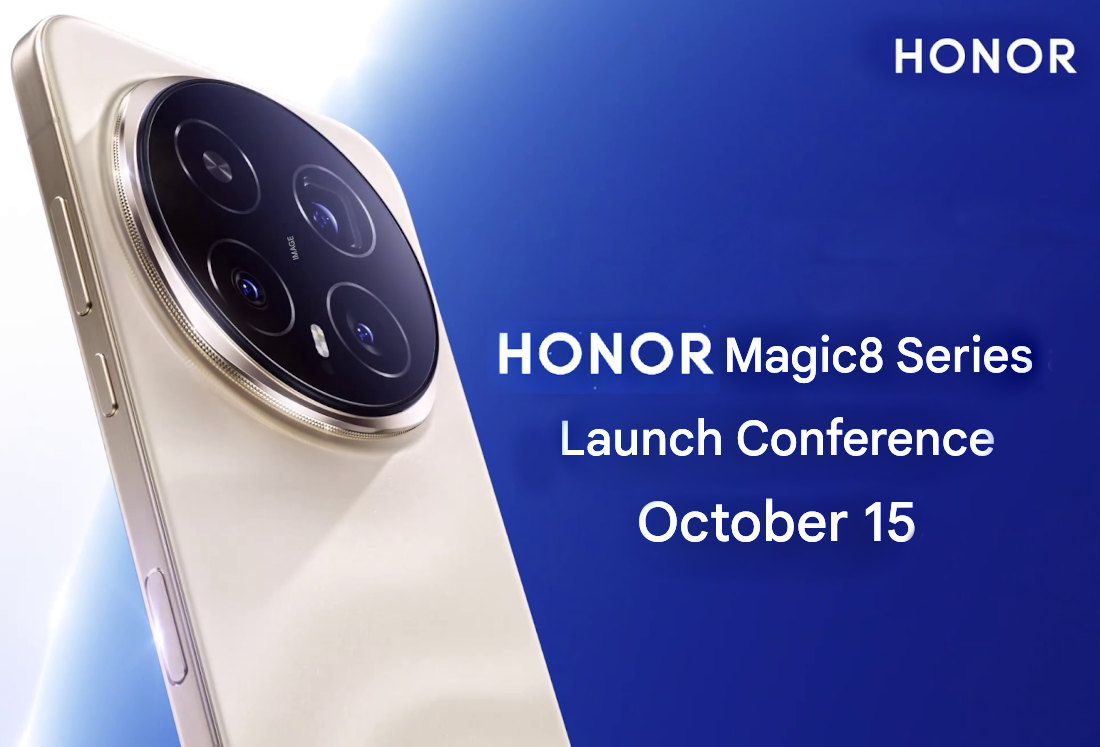Disputes in business are an inevitable part of any commercial landscape. No matter how detailed you plan and how efficiently you execute, disagreements in business transactions can always happen. What matters most is how you handle them. Businesses need to understand and implement smart strategies for resolving disputes for getting win-win outcomes.
In this blog, we will explore some 100% working and simple-to-implement techniques for dispute resolution that can help your business steer clear of conflict and achieve success.
Table of Contents
Strategies That Work for Dispute Resolution in Business
Whether you are a small business owner or an established corporate executive, get some valuable insights that you can apply to your daily business operations. Here are the most valuable insights that you must know. Read on to learn more.
1. Negotiation
Negotiation stands as a primary step in dispute resolution. In this stage, parties involved in a conflict engage in direct talks. They aim to find common ground without outside interference. Key to negotiation is open communication. Each party presents its views and listens to the other. It’s not just about airing grievances but also about learning the other side’s view.
Successful negotiation often leads to a solution that both parties can accept. This method values time-saving and cost-effective approaches. It also helps maintain good business relationships, as it is less adversarial than other methods.
2. Mediation
Mediation brings a third party into the mix, but this person does not take sides. This neutral figure, known as a mediator, facilitates the conversation. Their role is to help each party express their concerns and needs clearly. Mediators don’t make decisions for the parties. Instead, they guide the discussion, aiming to reach a solution agreeable to all.
This method can be more structured than negotiation but still remains flexible. It’s often used when direct negotiation doesn’t lead to a resolution. Mediation can preserve business relationships by focusing on cooperation and mutual understanding.
3. Arbitration
Arbitration takes a more formal route. Here, an arbitrator listens to both parties and then makes a decision. This decision is usually binding, meaning both parties must follow it. The arbitrator acts like a judge but the process is less formal than a court trial.
Arbitration is quicker and usually less costly than going to court. Parties often agree to arbitration when they want a definitive resolution but wish to avoid the complexities of legal proceedings. This method is effective when parties agree that an outside decision is needed to resolve their dispute.
4. Litigation
So whether you’re facing an issue related to Section 8 registration for NGO or any other legal matter, it’s crucial to understand that litigation is a formal process that follows strict legal procedures. It refers to settling disputes in court. This step is often the last option when others fail. Lawyers represent each party, arguing their client’s position based on evidence and legal principles.
Courts make decisions that both parties must follow.
This process can take a long time and might involve considerable expense. Litigation is formal and follows strict legal procedures. Businesses opt for litigation when they need a legal judgment, or when other methods do not resolve the conflict.
5. Collaborative Practice
Collaborative practice is a unique approach. It requires both parties and their legal representatives to work together. Seeking the guidance of experts, such as those at TaxLegit, can enhance the effectiveness of this method. The goal is to find a solution beneficial to all.
In this method, parties sign an agreement to avoid court. They share information openly and work as a team. Lawyers guide the process, focusing on negotiation and cooperation, not confrontation. Collaborative practice is useful when parties seek a respectful resolution and are willing to work together.
6. Online Dispute Resolution
Online Dispute Resolution (ODR) utilises technology for resolving conflicts. This method is gaining popularity due to its convenience and accessibility. ODR can involve various techniques like mediation or arbitration, but it happens online. Parties can discuss via video calls, chats, or other online platforms. It is ideal for disputes that do not need face-to-face interaction. ODR saves time and money and is very useful for resolving small disputes.
Conclusion
Each strategy, from negotiation and mediation to litigation and online methods, reflect the diverse needs of businesses in conflict resolution. The choice of strategy depends on the dispute nature, relationship between the parties, and needed outcomes. Businesses thrive when they adopt a wise approach to conflict resolution. It allows for maintaining relationships and focusing on growth. The key lies in understanding each method and applying it judiciously. This understanding can lead to resolutions that benefit all parties and foster a stable business environment.












